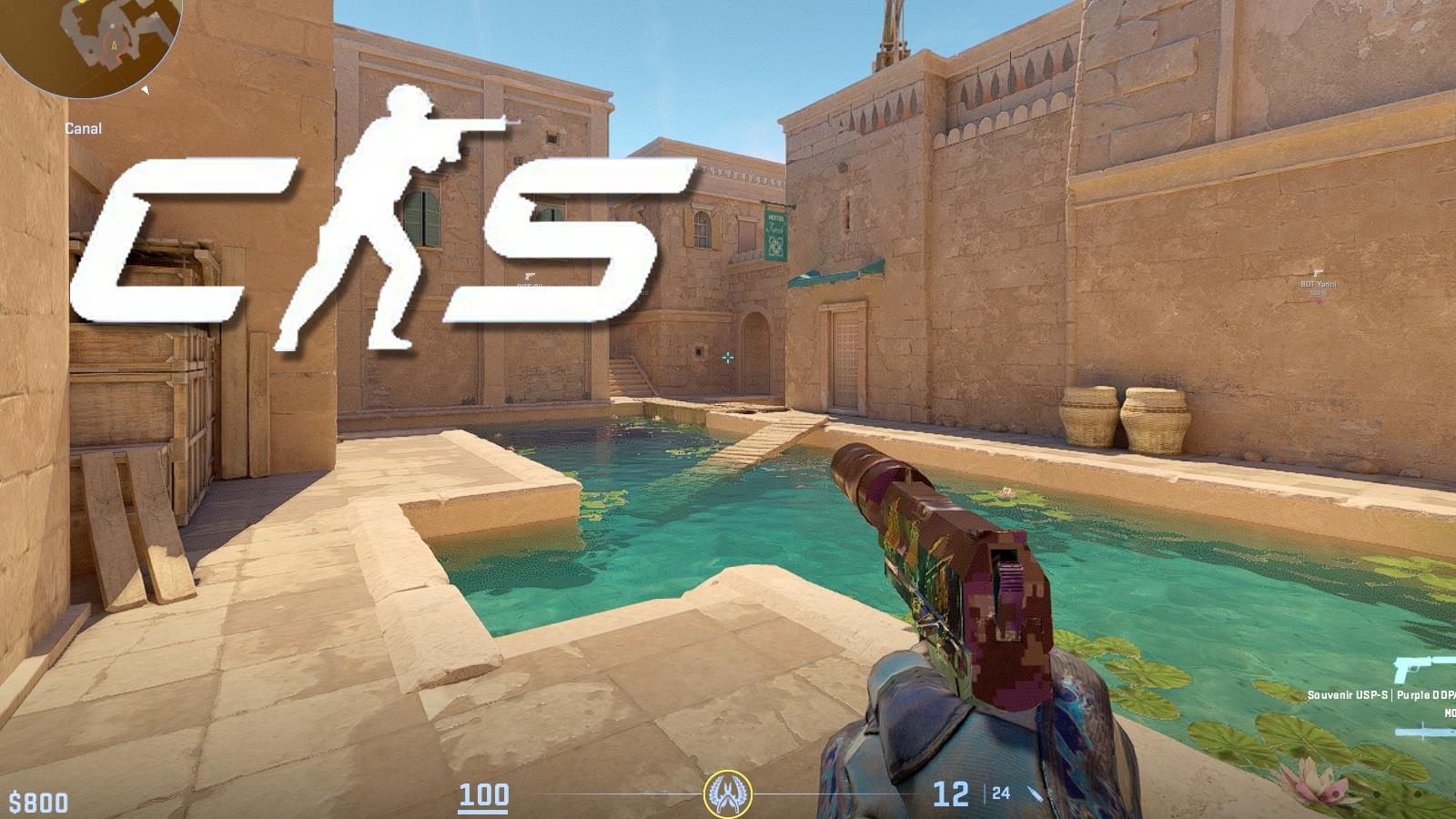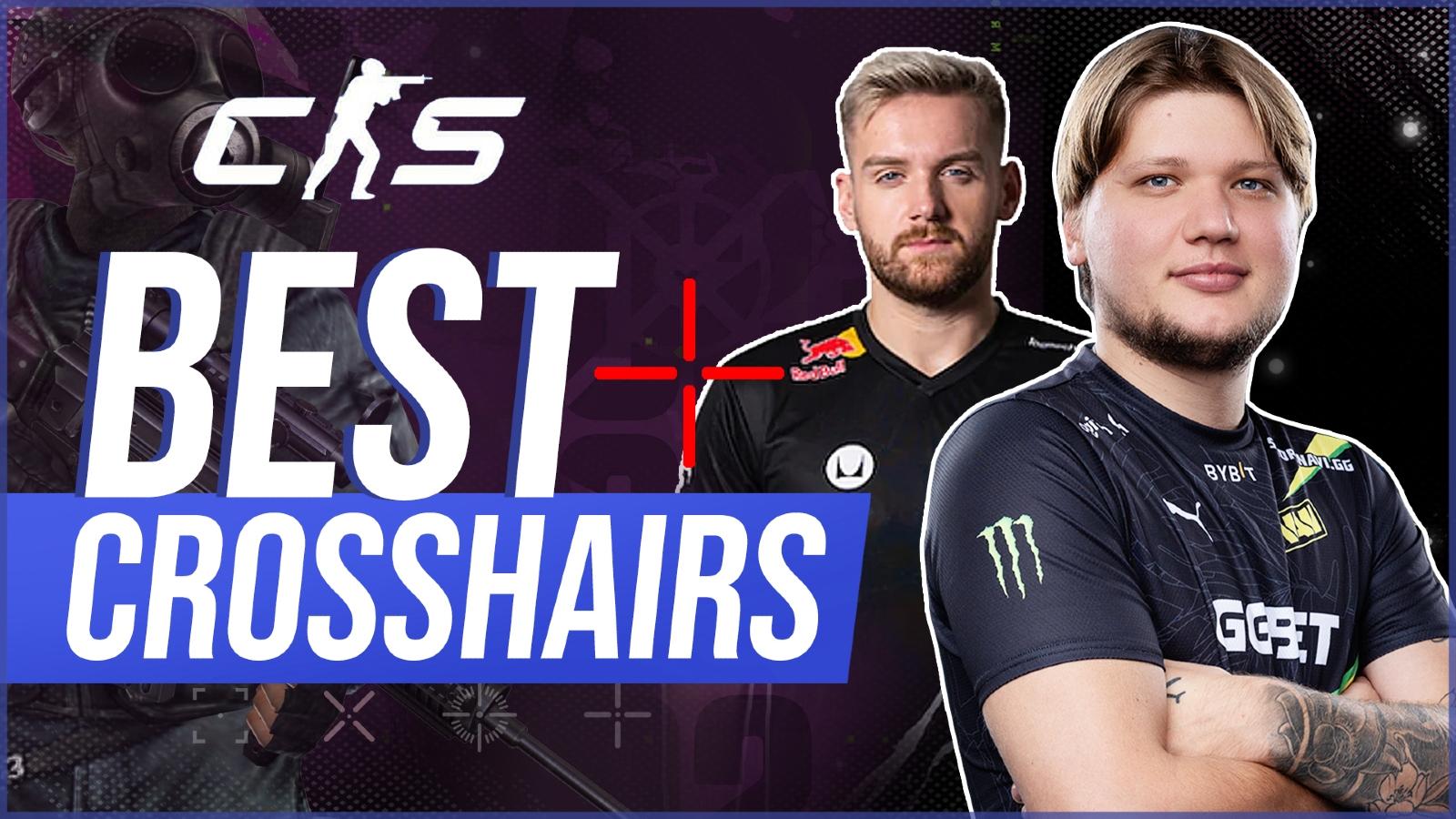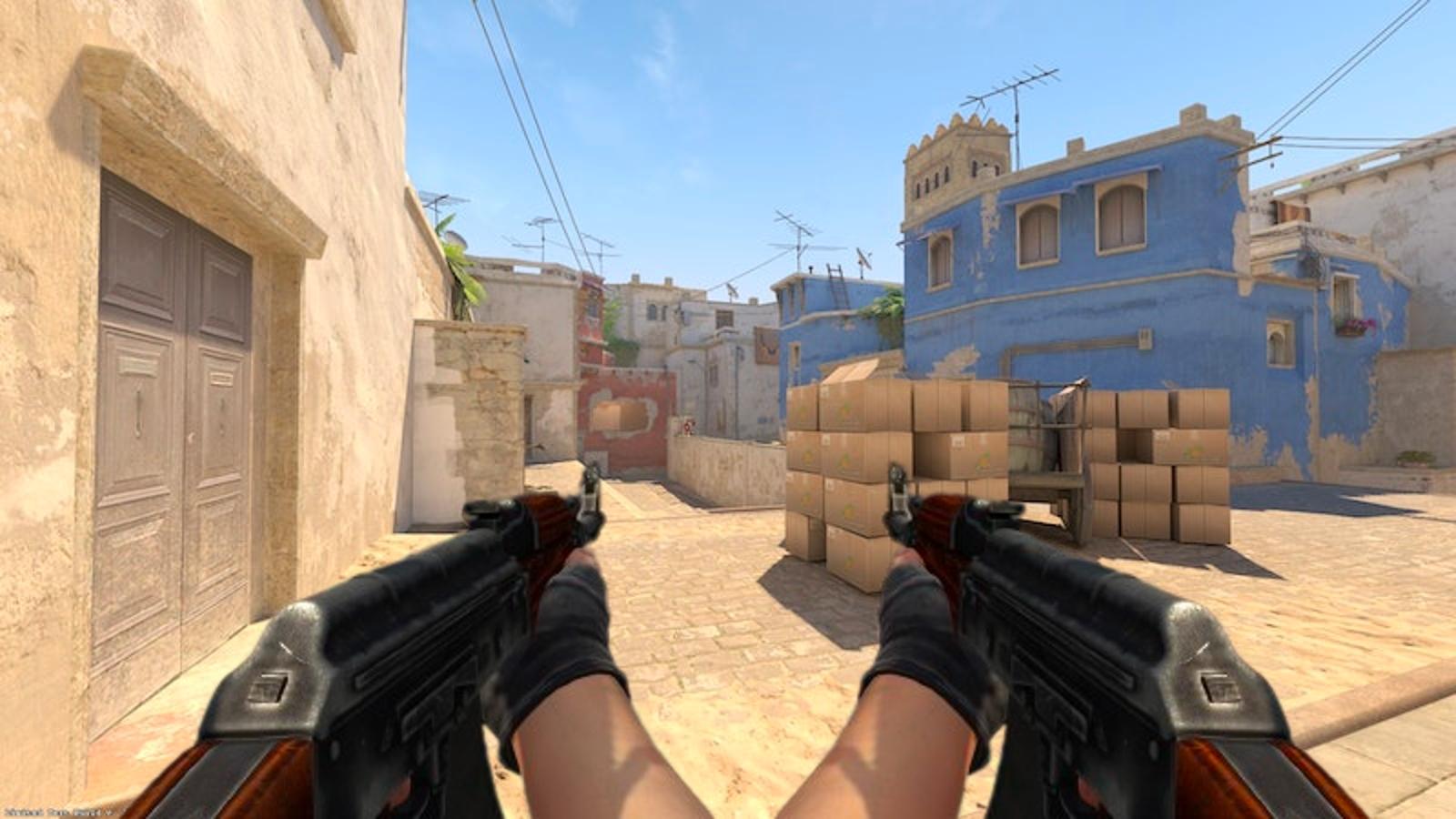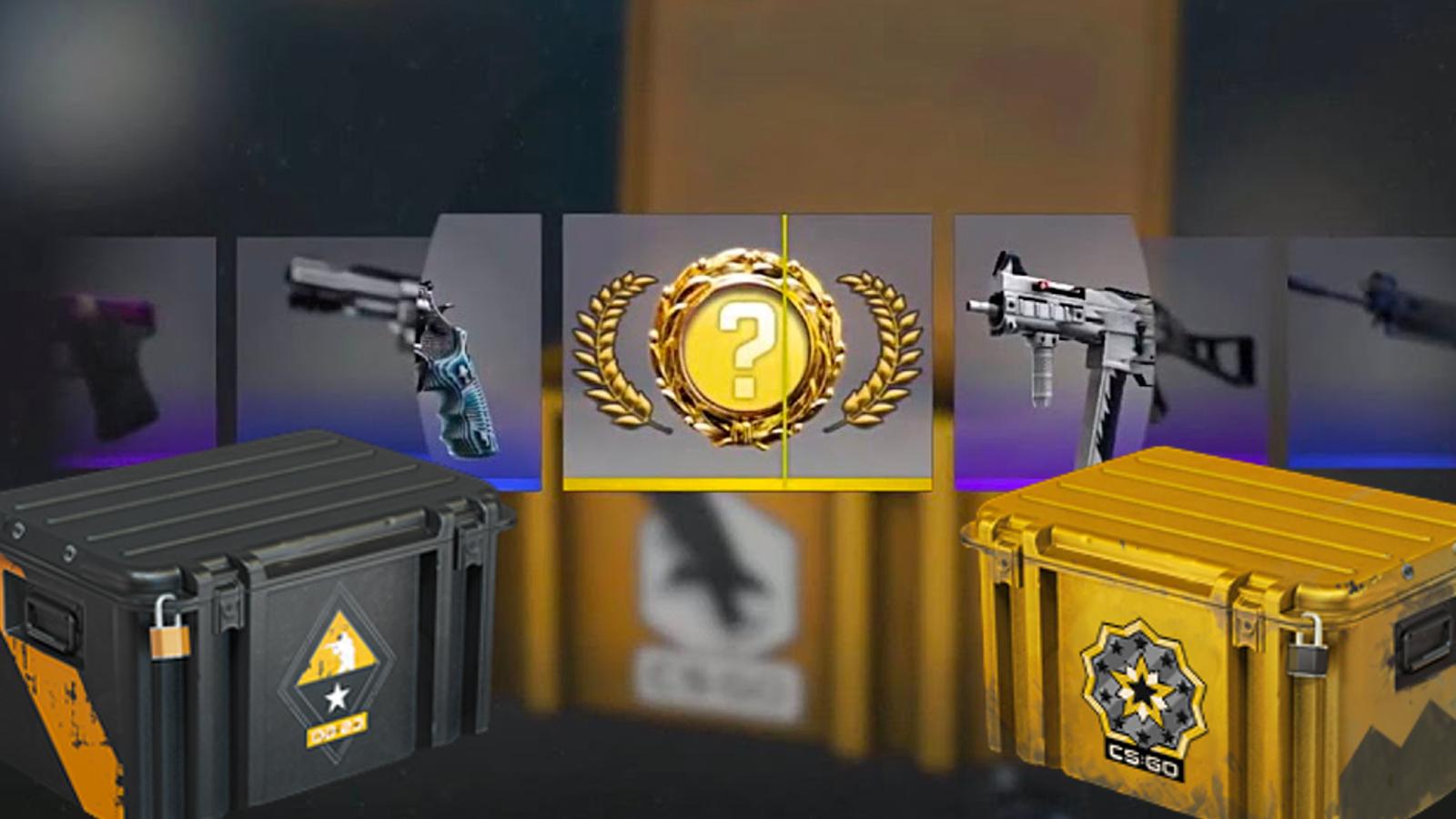Banks confirms FaZe Clan funded CSGO team via skin gambling website
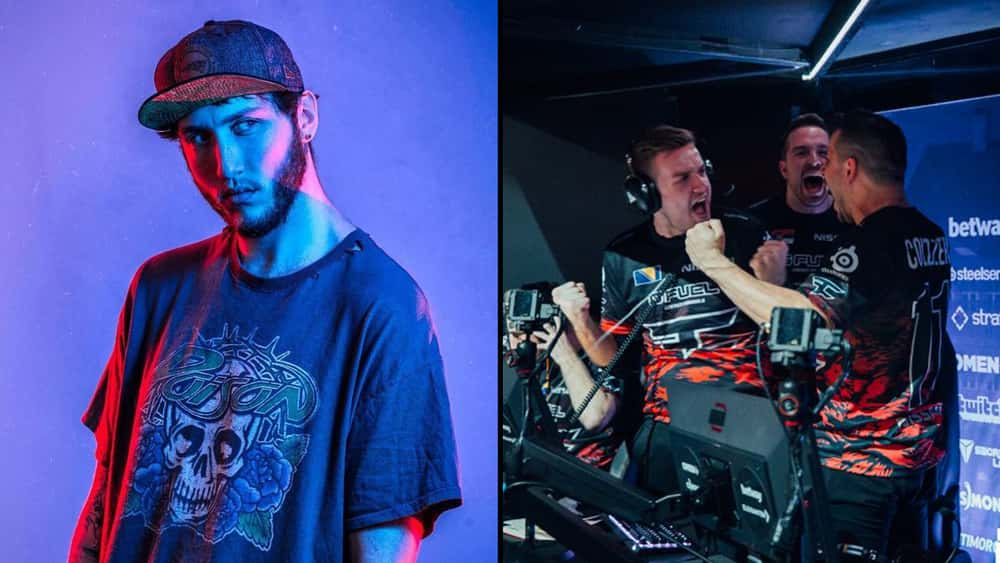 FaZe Banks Instagram / Adela Sznajder BLAST
FaZe Banks Instagram / Adela Sznajder BLASTFaZe Clan owner Ricky Banks revealed on May 10 that the organization had created a skin gambling site and used its lucrative success to initially fund the club’s CSGO team, as originally reported by Esports Talk.
Wanting to expand into Counter-Strike, but without the cash to properly fund the team they had their sights on, Banks enrolled FaZe Clan into a project with other collaborators with the goal of creating an alternative form of CSGO skin gambling.
“It was kind of like a grey area, because it’s a skin and there’s no actual value to it, and the government puts absolutely no value to it,” Banks said on an episode of the ‘BADNWZ’ podcast. “We came up with this idea, with these kids, for a different way to do it. We branded it the right way.”
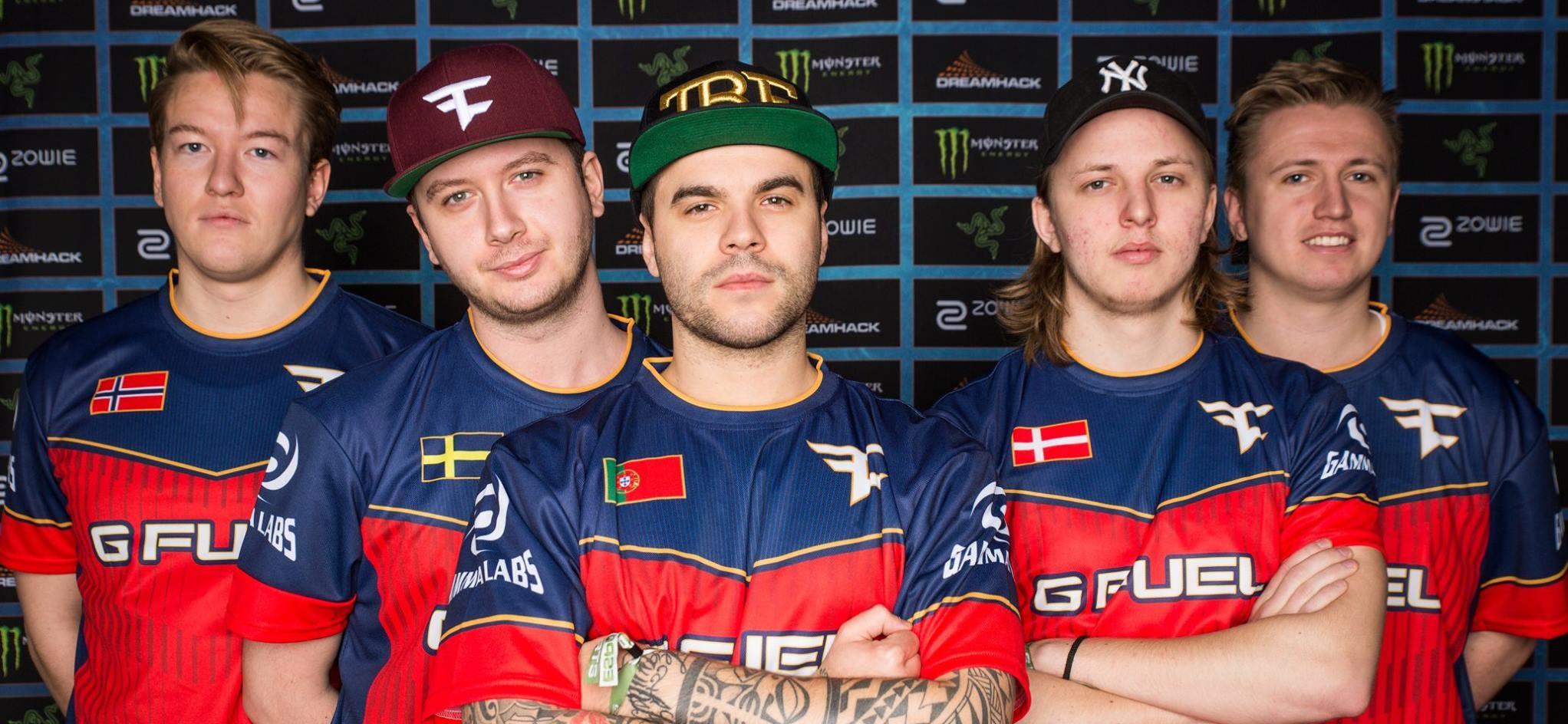 Dreamhack
Dreamhack[ad name=”article1″]
Banks found his cash cow to get FaZe the funding they needed to buy their CSGO team in 2016. He claimed that the gambling site was their way to “finesse” the major purchase as quickly as possible to get the most value out of the transaction.
After finding their reliable income from CSGO skin gambling, FaZe were raking in about $200,000 a day from their novel business model.
According to the exec, this was all done by the books. Banks and his partners flew to Antigua in the Caribbeans, where they faced less stringent regulations for creating a gambling site, allowing them to lawfully navigate their operation.
[ad name=”article2″]
“We were making $200,000 a day,” Banks explained. “We set it up on Antigua, it’s an island in the Caribbean where running a gambling website is completely legal if you have the permits to do it.”
- Read more: Astralis add JUGi to CSGO roster
Banks paid “the guy who runs the island” $100,000 to acquire the documentation they needed to be “the only ones who were doing it legitimate” before skin gambling was regulated.
FaZe maintained the skin gambling site for a few months before shutting it down. The offshore company had raked in enough cash for the org to successfully fund their CSGO venture.
 ELEAGUE
ELEAGUE[ad name=”article3″]
Valve has since been strict around their CSGO cosmetics in response to the cascading governance in the skin gambling industry.
It was around this time in the mid-2010s where worldwide governments were taking aim at skin gambling. In 2015, these casino-style gambling sites for skins generated nearly $3 billion, according to findings from gaming research firm Eilers and Krejcik Gaming and Narus Advisors.
